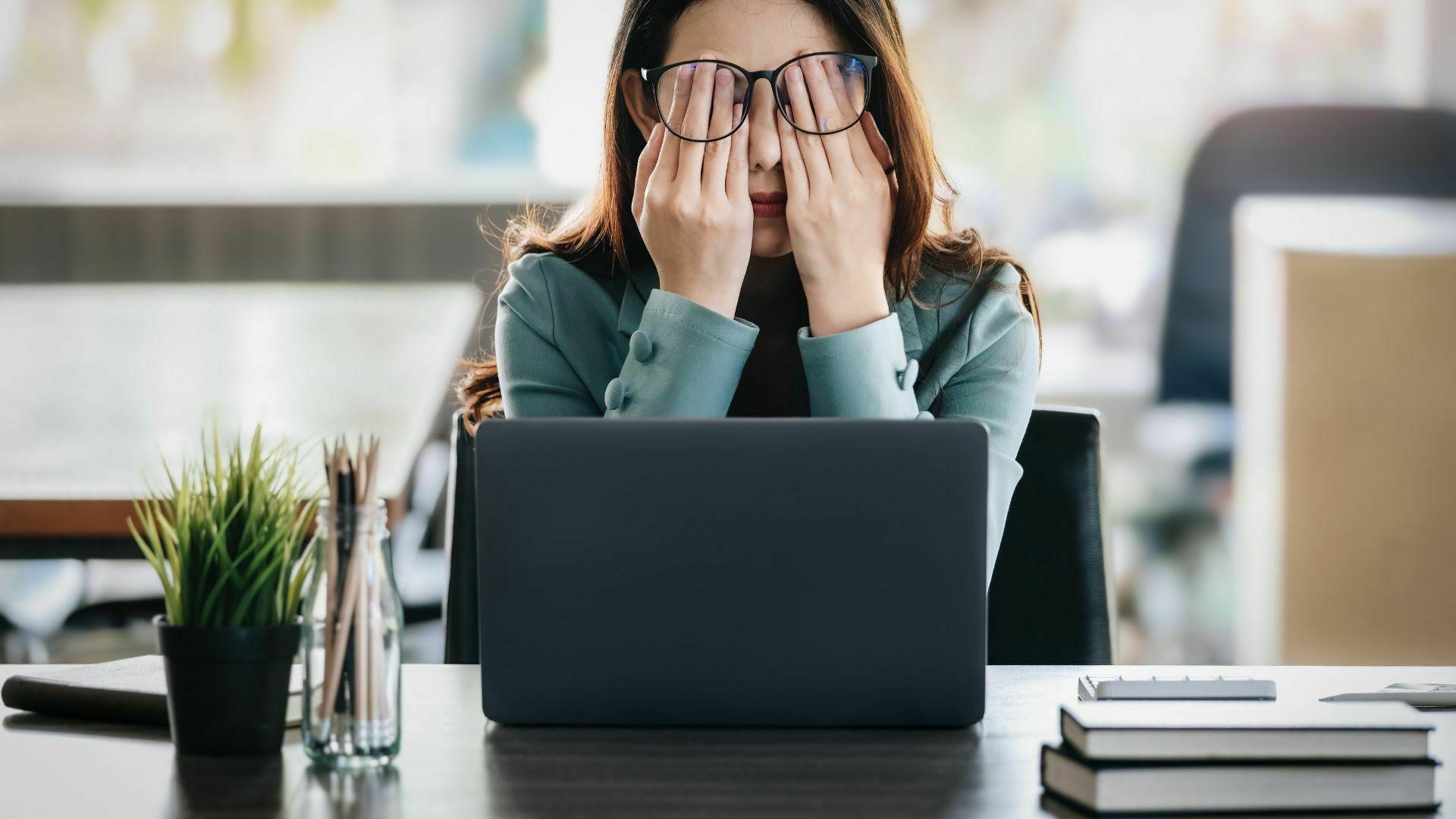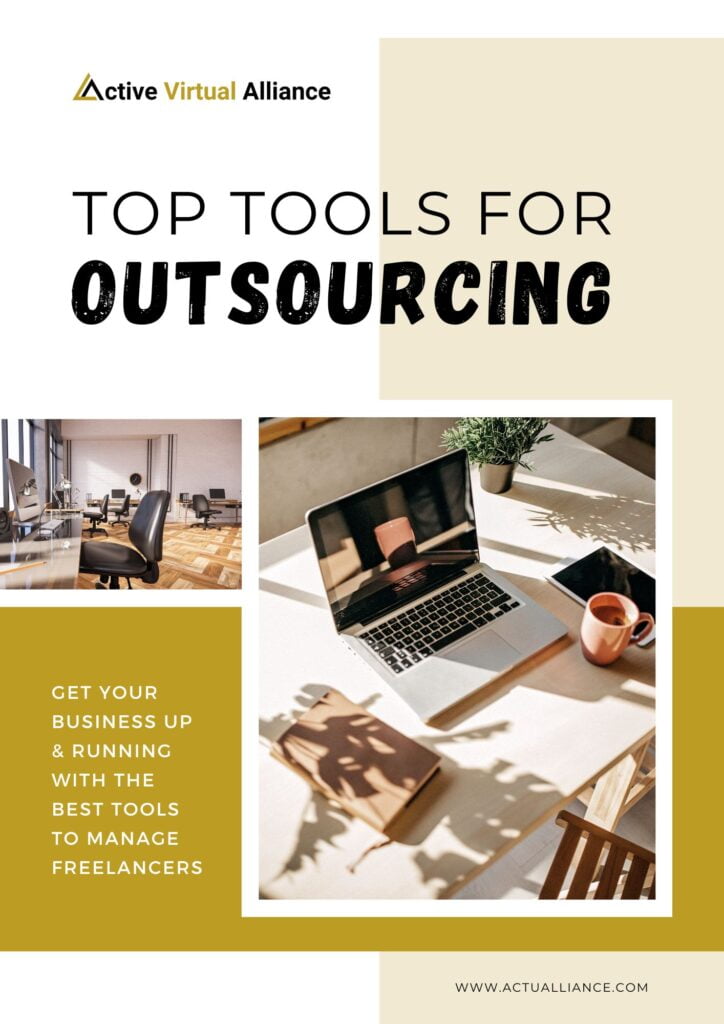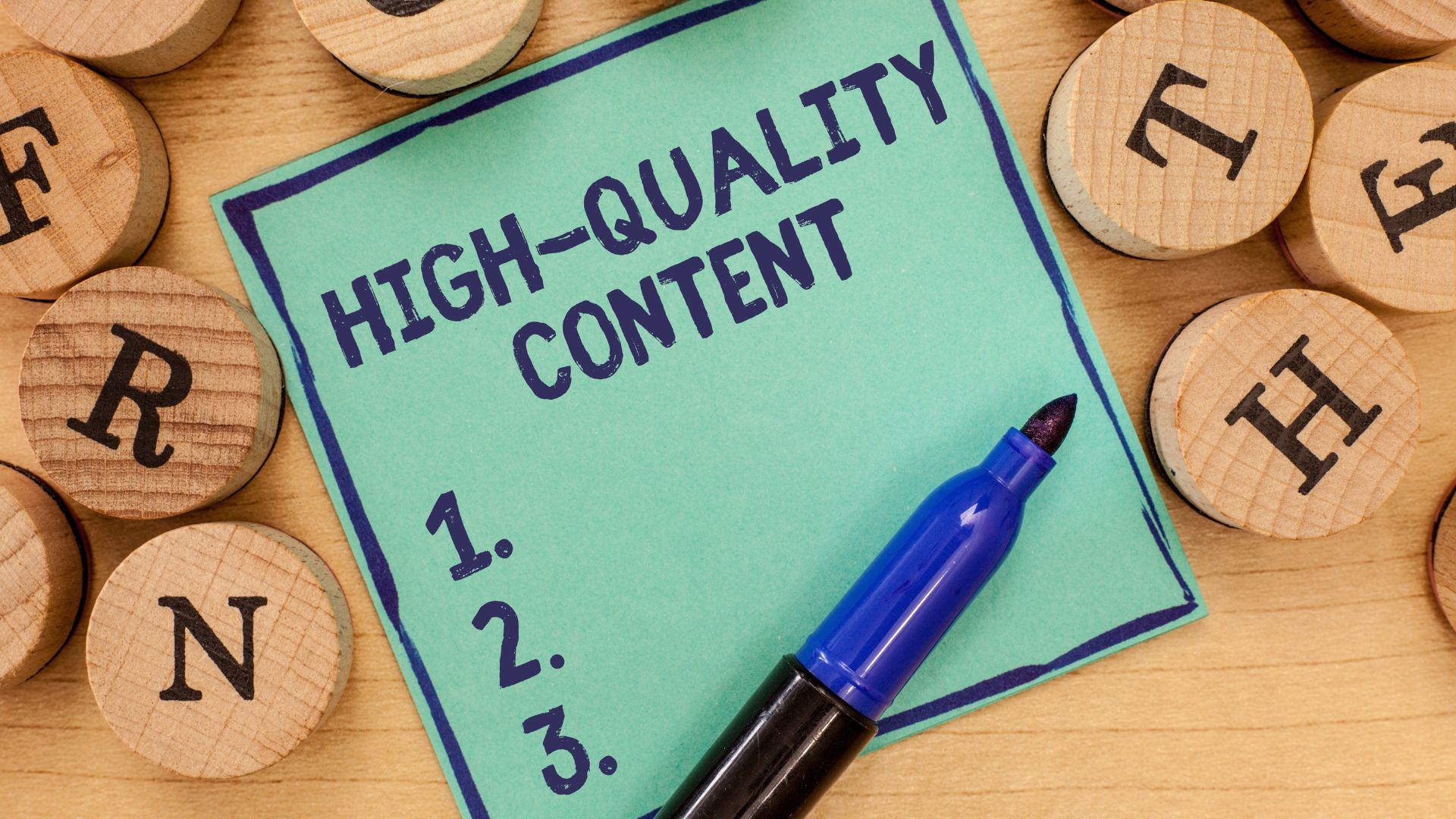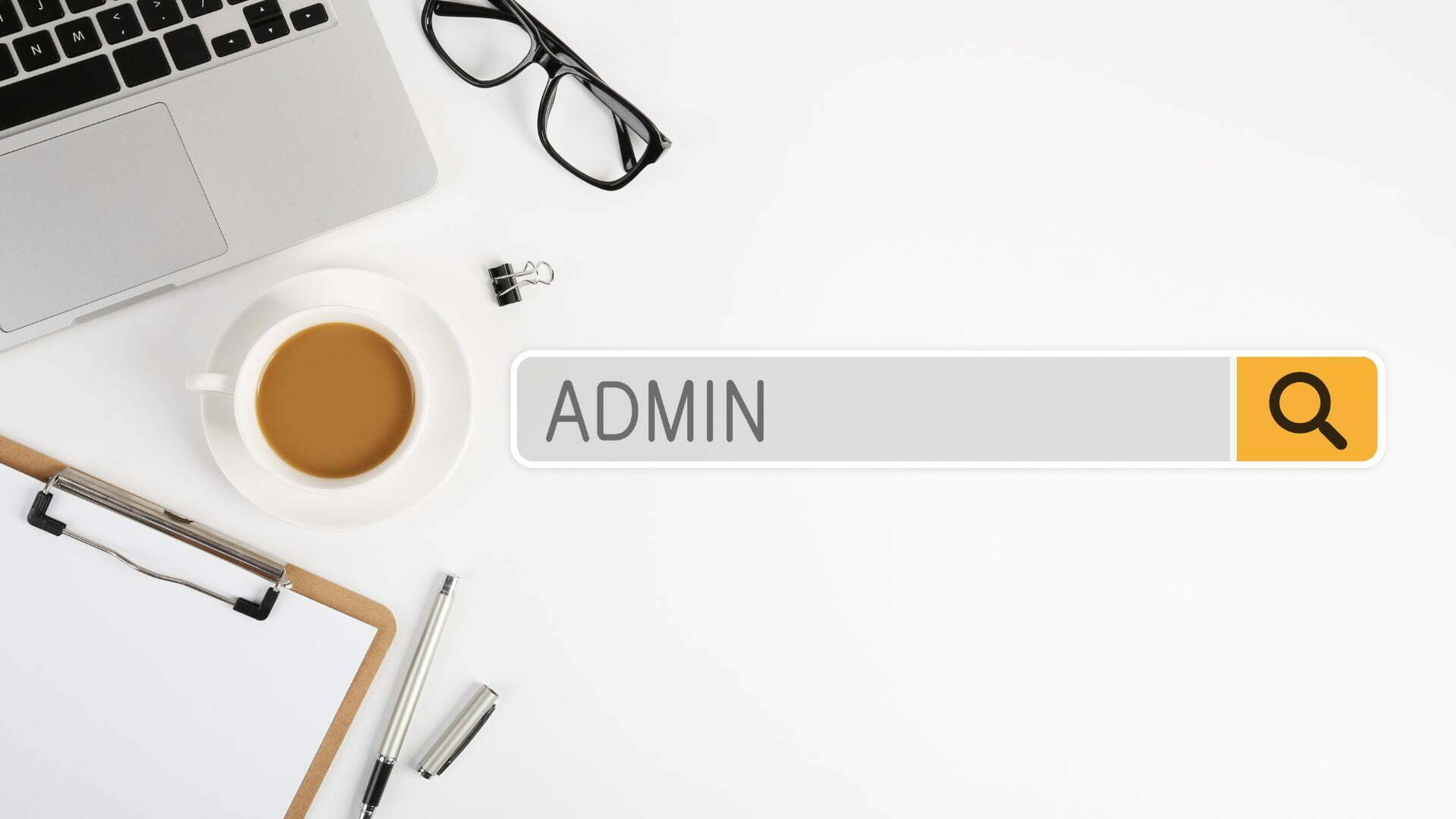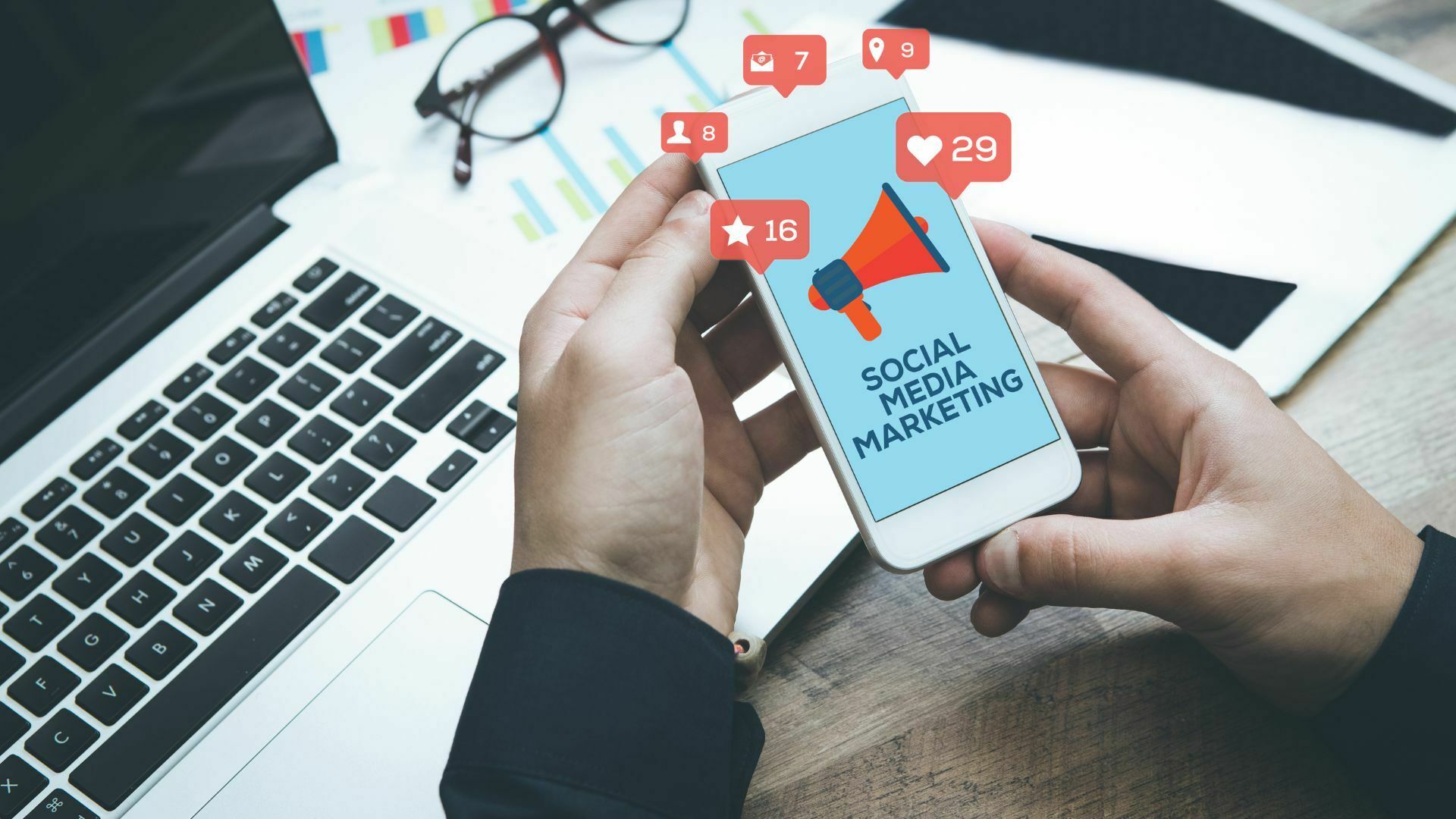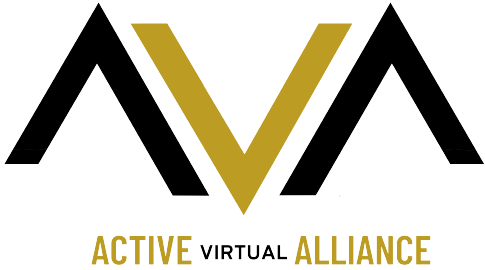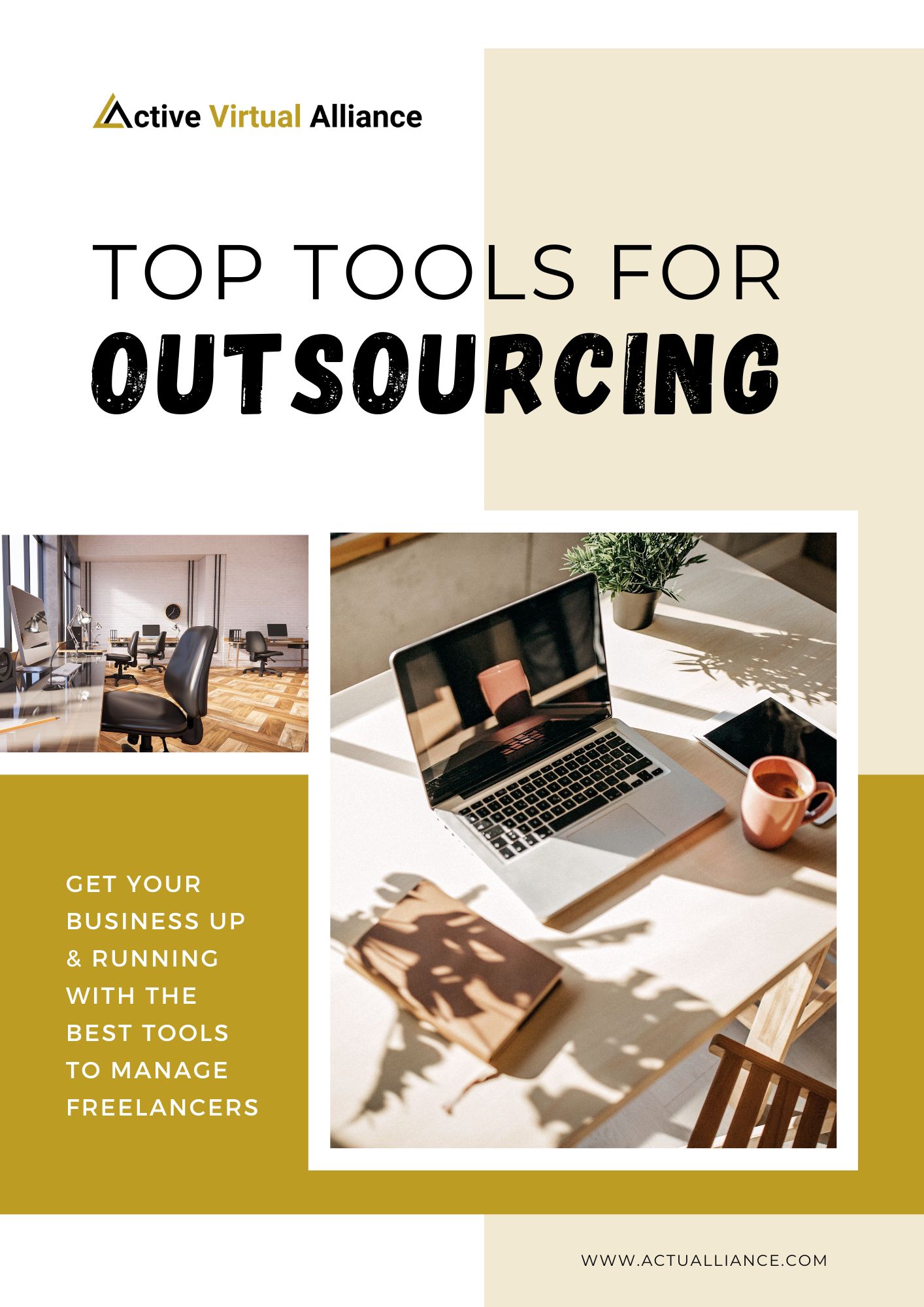It is common to feel stress due to work-related activities. This stress, if left unmanaged, can eventually affect one’s productivity. While being able to produce results at a given period is one of the qualifications employers look for when hiring, if you are unable to handle the stress that comes with it, you are also unable to produce results, thus affecting your chance for better opportunities.

With the alternate work arrangements imposed by the different health organizations across countries due to the COVID-19 outbreak, many workers are forced to balance their work and personal life at home. Gradually, the line separating work and personal life have started to blur, causing millions of workers to become mentally and physically exhausted with their jobs. They can no longer differentiate the work space and personal space. A lack of social interaction, having to care for the chores at home and meeting the work deadline would cause exhaustion. This prolonged period of exhaustion is known as burnout.

What is burnout?
According to the World Health Organization (WHO), burnout is a syndrome (not a medical diagnosis) caused by chronic workplace stress that has been left unmanaged. There are three dimensions of burnout identified by WHO. First, your energy starts to deplete. Later on, you experience negativity towards anything related to your job. Lastly, your productivity decreases.
One of the causes of burnout is being overwhelmed by work-related tasks and demotivated to perform those. Burnout can affect your mental, physical and emotional state. Do not be confused with stress and burnout because stress means having too much work to handle, while burnout means not being able to care despite the too much work.
Who are likely to experience burnout?
Anyone who is exposed to any work involving demanding tasks can experience burnout. People who also have poor self-esteem, are unable to work under pressure, unrealistic expectations in the workplace are among those who are at a higher risk of burnout. People working at home, who always have a deadline to produce specific tasks are also not exempted to feel burned out.
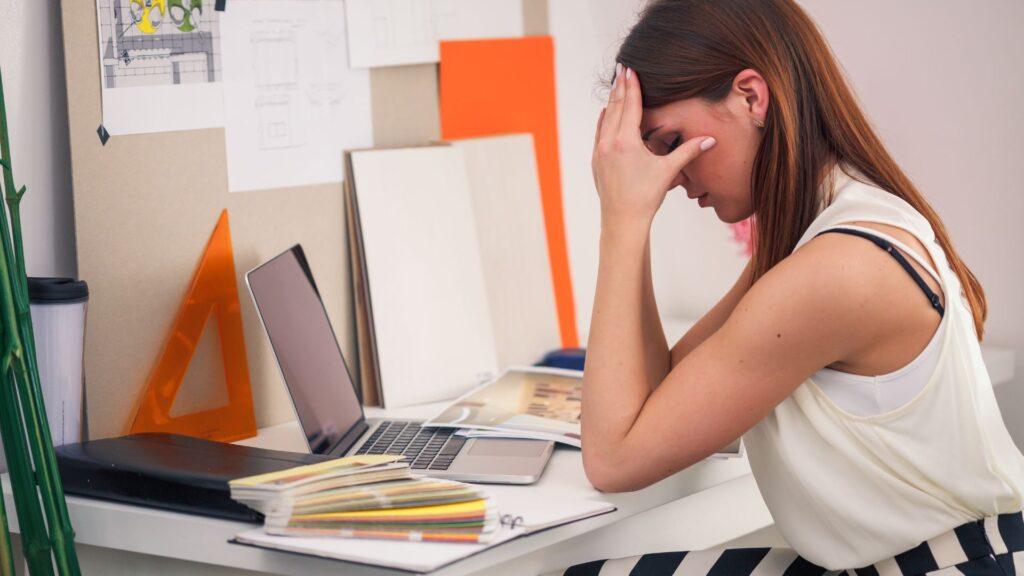
5 Phases of burnout
- Honeymoon Phase
This is the stage where you are full of energy to do a new task or job. Because you are excited, you tend to overexert yourself to ensure you perform well. It is a common experience when you want to be productive and creative, which makes you satisfied. - Intermittent Phase
Because of your creative streak, ideas don’t come out often as they used to. As the honeymoon phase shrinks, stress rears its head. It is not always stressful, and it is not always bright either, but there are times when stress takes over. - Chronic Stress Phase
This phase is where bad days happen more frequently than good ones. As the pressure scales, the stress becomes evident, affecting your work. You start to despise doing the things you loved before. You also are unable to complete work on time. You also tend to lash out at co-workers because you get frustrated easily. If this feels familiar, you may be experiencing burnout without realizing it. - The burnout Phase
This phase is where your limit is. You can no longer function as you mostly do. Numbness takes over. You don’t care whether you accomplish your work or not. It will lead you to self-isolation because you cannot spare energy even for social interactions. Physical symptoms can be worse. You might experience chronic headaches, stomachaches and gastrointestinal problems. - Habitual burnout Phase
A phase where if you ignore treatment for burnout can become a part of your daily life leading to anxiety and depression. Mental and physical fatigue may also stem from burnout which prevents you from working, jeopardizing your career in the future.

4 Smart Strategies to prevent burnout
As stated, burnout should not be taken lightly. If ignored, it may lead to a more catastrophic experience in the future. To help you, here are a few ways to help prevent the occurrence of burnout.
· Take Breaks
Working straight through your shift without taking breaks can leave you mentally and emotionally drained. Try to take breaks within your shift by doing whatever helps you recharge. Don’t worry about the deadline because if you are only glued to your work every time, it will gradually decrease your productivity. Studies have shown that taking breaks increases productivity.
· Set up your workspace
To separate work and personal life at home, you need to set up a space with little to no distractions that will use for work. Through this, there will be a fine line separating work and personal life.
· Exercise
According to Health Direct, exercise releases chemicals like endorphins and serotonin that improve your mood. Regular exercise has proven to be beneficial not just for the physical aspect but also for one’s mental health. It relieves stress and reduces any feeling of isolation. So no matter how busy you get, be sure to get some exercise as often as possible.
· Organize
Juggling between doing household chores, taking care of children, and working can be difficult. If tolerated, it will eventually result in burnout. To prevent this from happening, you should make an organized to-do list. Productivity tools app can help you meet deadlines in an organized manner. You should also de-clutter to save some space in your office. Organizing your tasks is proven to reduce stress.

By following the smart ways to prevent burnout, you will be at the top of your game. You will be able to produce the result that your boss demands. You will be mentally healthy. You will be happy with your work. Everything is going according to your plans. Just don’t let the bad days occur more than the good ones, and all will be good. At Active Virtual Alliance (aVa), our top priority is to maintain our employees’ mental health. We make sure that they are taken care of because that’s one of the ways they can perform well and satisfy their clients.
For more information, click ‘Get Started‘ now. Like our social media accounts: Facebook, Twitter, Instagram. virtual personal assistant

